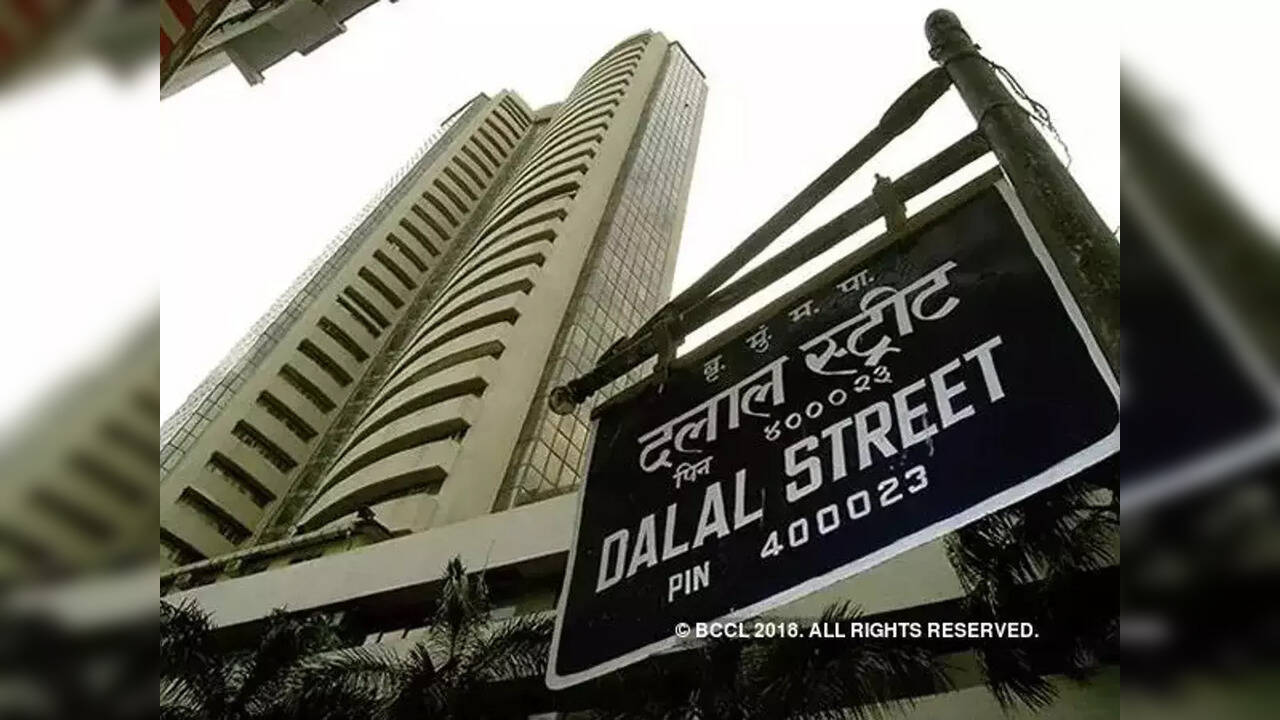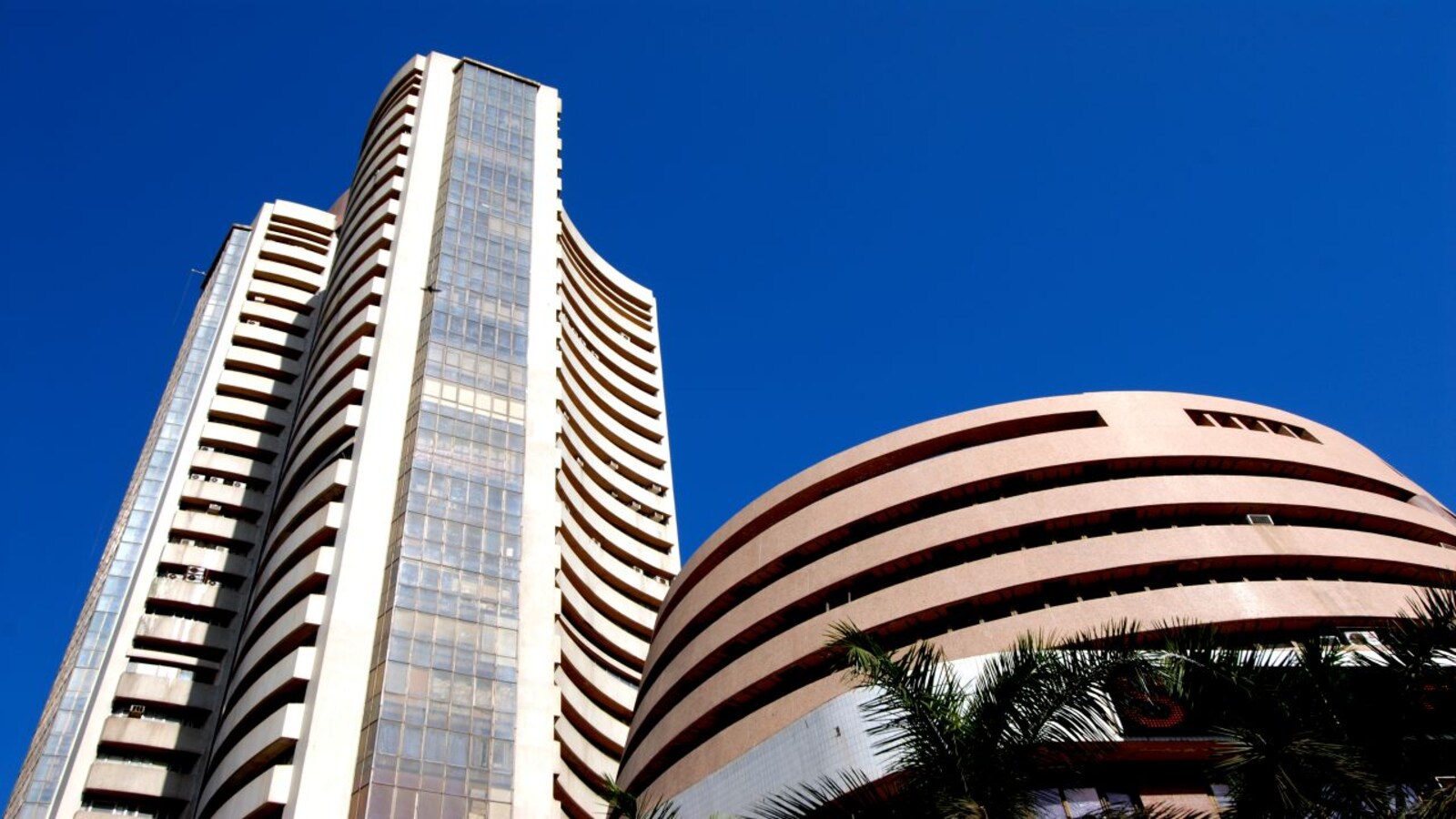India’s stock market will outperform all others in 2022, thanks to the Adani impact.

India’s stock market will outperform all others in 2022, thanks to the Adani impact.
India is expected to rank among the high major stock markets in the world this year after overcoming concerns that afflicted rivals on higher interest rates and a weakening economy. The S&P BSE Sensex Market has increased by 3% in 2022, the major increase globally after Singaporean and Indonesian policies. Key Indian benchmarks reached new highs after a strong run of results, expanding the market to surpass that of the UK. The MSCI, All Country World Average, has decreased by 20% in the meanwhile.
This year’s winners include banks supported by a sharp rise in loans and stocks connected to Gautam Adani, a billionaire. Some of the biggest losses were shares of technology businesses that dropped after coming public, including software outsourcing companies that were concerned about an expected decline in demand from abroad.
Despite the fact that the nation’s “structural potential” continues to be a major long-term pull, research this month by JPMorgan researcher Sanjay Mookie suggested that slowing global growth may have a negative impact on the economy. In the short term.
Here are some of the major stock price changes of 2022:
Firms Adani
At least two of the seven publicly traded companies in Adani’s ports-to-power complex saw their value more than quadruple this year, headed by Adani Power Ltd., which benefitted from an increase in energy demand. Flagship Adani Enterprises Company Limited has increased by 113% since it joined the NSE Nifty 50 Stock because of the second group business. The 12-month average price objective of experts indicates that the stock value of Adani Wilmar Company Limited, the group’s joint development consumer food division, could increase by a further 24% from present levels. Due to high valuations, investors recently sold off their holdings in the group’s equities.
Recovery of Banks
The formation of a failed bank to dispose of difficult loans, the adequate settlement of bad debt in the sector, and a rapid increase in credit demand have all contributed to the 18% increase in the S&P BSE Compound sentence this year. The recovery in banks was dubbed a “Cinderella” moment by Kotak Mahindra Bank Ltd.’s billionaire managing director, Uday Kotak. However, Macquarie Capital expert Suresh Ganapathy warns that a widening disparity between credit and deposit growth is something to be on the lookout for. The largest lender in the country, State Bank of India, has gained 25% this year, and experts predict that it will rise by a similar amount next year.
IPO Setback
After making their trading debuts towards the tail part of 2021, financial company Paytm and insurance marketplace Policybazaar has fallen more than 50% this year due to lingering dissatisfaction following major initial public offerings. Other decliners include shipping company Delhivery, cosmetics e-retailer Nykaa’s owner, and delivery startup Zomato. Life Insurance Corporation of India has lost over a quarter of its worth since May, surpassing Paytm to become India’s largest IPO.
Computer Slump
In light of worries about a potential downturn in the US and Europe, outsourcing providers were one of the worst-performing industries. The sectoral measure declined, sending it toward the worst year since 2008, with major companies like Infosys Company Limited and Tata Consultant Company limited in those that did.
According to JM Financial Institutional Benefit from having Abhishek Kumar, major providers of information technology services are preparing for a “long winter ahead.”
As generic medicine costs fell in the US, cheaper generic drug exporters like Aurobindo Pharma Company limited, and Divi’s Laboratories Ltd. also suffered losses. In response to decreased pricing abroad, Sampath Reddy, the principal investment officer of Bajaj Allianz Life Corporation, said that drugmakers could focus on lucrative complicated generics.
The holding firm of Indian billionaire Gautam Adani intends to boost its share-free float, which might improve trade liquidity after its shares have increased by 3,338 percent since 2019. Adani Enterprises’ rapid share price growth has given it a value that allows it to be included in one of India’s major stock indexes, the Nifty 50 indices, which at least seven foreign passive funds follow. According to Forbes, Adani’s six publicly traded companies have experienced stunning share price increases, which have helped him rise to the third-richest man in the world and the wealthiest man in India.
However, forecasters have queried how much of his stock price increases were caused by the lack of trading cash flow in the stocks. Several Mauritius-based investment companies with long-term investments in Adani Enterprises and other Adani Group entities hold a portion of the company’s free float.
Afro Asia Trade and Investments, APMS Investment Fund, and LTS Investment Fund could not be reached for comment. A tiny free float — the number of shares available to be traded by the public — leads to greater share price volatility, said analysts. “There are inherent risks when there is a low float and excessive or large demand, which leads to skyrocketing prices,” said Sharmila Gopinath, India specialist adviser to the Asian Corporate Governance Association.
The S&P BSE Sensex Stock has gained 3% in 2022, the biggest gain globally following Singaporean and Indonesian reforms. Key Indian benchmarks were helped to report ranges by a solid run of profits, expanding the market beyond the UK. The MSCI All Country World Market has decreased by 20% in the meanwhile.
The beneficiaries this year include banks backed by a sharp increase in loan demand and equities connected to billionaire Gautam Adani. Shares of technology businesses that stagnated after going public and software outsourcing companies that had to deal with concerns about potential declines in foreign demand were in the major losses.
The future, though, is less specific. High valuations are expected to cause the market to lose pace in the coming year, and Goldman Sachs Group Incorporated is predicting market underperformance compared to China and South Korea.
Slowing global growth might have an impact on the country’s economic system shortly, yet its “structural potential” continues to be a major draw over the long run, according to a report this month by JPMorgan expert Sanjay Mookim.
edited and proofread by Nikita sharma




